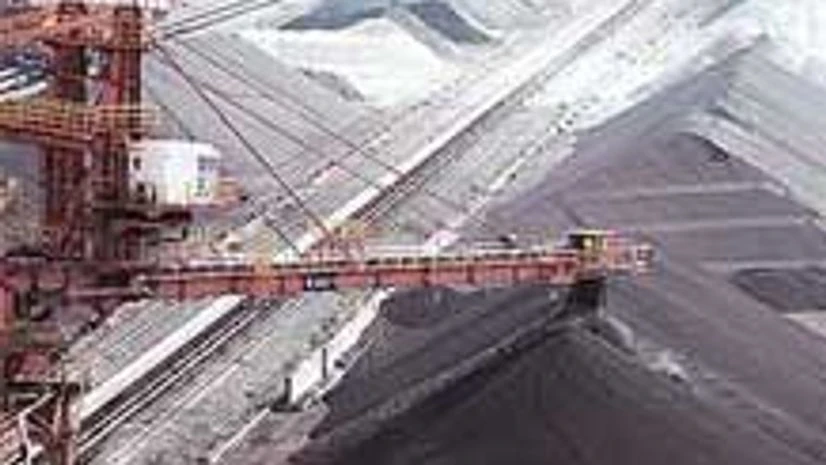The parliamentary standing committee on coal and steel has recommended a ban on iron ore exports, arguing mineral reserves would be exhausted within 25 years exports continued.
The committee, chaired by Kalyan Banerjee, a Trinamool Congress Member of Parliament and comprising 22 other members from both Houses of Parliament, was mandated to give a report on iron ore export policy to the steel ministry. It met on August 26 to overview the status of mining and iron ore exports in the country.
“In view of the free trade of iron ore (up to 64 per cent Fe content) and export of higher grade of iron ore, the government should take immediate necessary policy measures not only to ban the export of iron ore reserves of higher grade, but also of the ore with up to 64 per cent Fe content, currently allowed freely. In view of the limited benefication agglomeration facilities in the country, the committee feels high grade iron ore with Fe content of more than 64 per cent from Bailadila, Chhattisgarh, which can be used by existing steel plants, should not be permitted for export and be made available to meet the requirement of the domestic steel industry,” said the panel’s report.
R K Sharma, secretary general of the Federation of Indian Mineral Industries, says the recommendation is one-sided. “The committee has not taken views from all interested parties, including the ministries of commerce and mines, and mining industry representatives. The report is purely based on the one-sided view of the steel ministry. Therefore, the recommendation does not have any meaning.”
The committee said against the 28.52 billion tonnes (17.84 billion tonnes of haematite and 10.64 billion tonnes of magnetite) of iron ore resources in the country, 37 per cent of the magnetite resources, of the total iron reserves, weren't available for mining due to the Supreme Court-imposed prohibitions in Western Ghats and other sensitive environmental zones. Also, only about 18 billion tonnes (less than half the proved reserves) are economically exploitable. The committee said currently, steel production in the country was more or less commensurate with the demand, but a working group on the steel industry for the 12th Plan had projected a requirement of 206.2 million tonnes by 2016-17, against the total iron ore requirement of 135.7 million tonnes in 2012-13.

“When the rupee depreciated, iron ore exports become viable at the current 30 per cent levy and four times the increased railway freight. But now, exports aren't viable. If the ban on exports continues, mining would suffer, leading to immediate repercussions on the steel industry and employment generation, which the committed didn't look into,” Sharma said.

)
